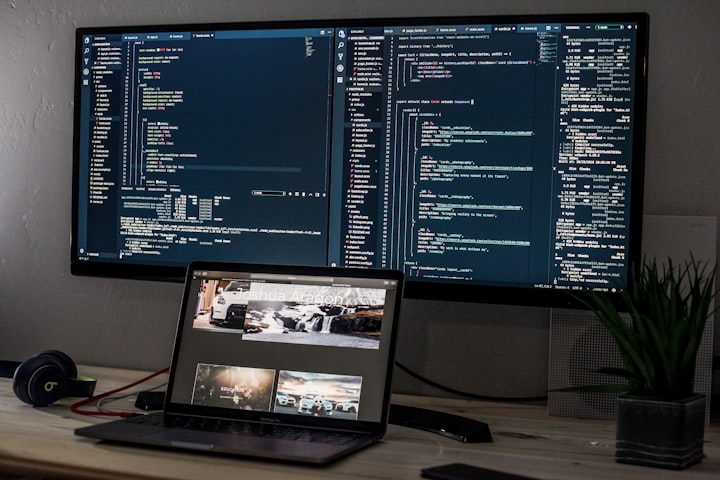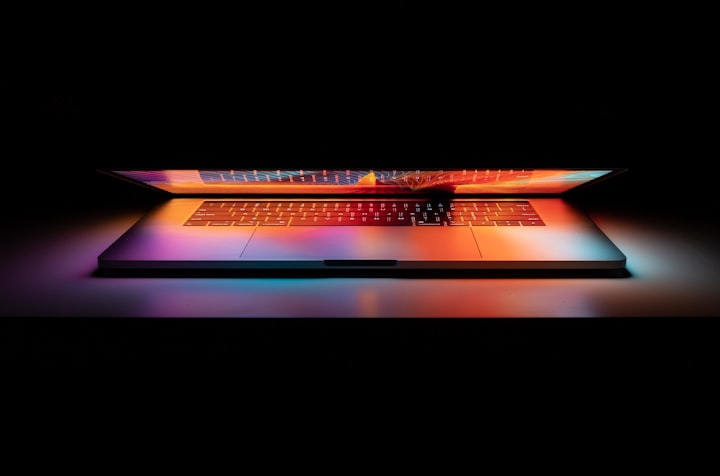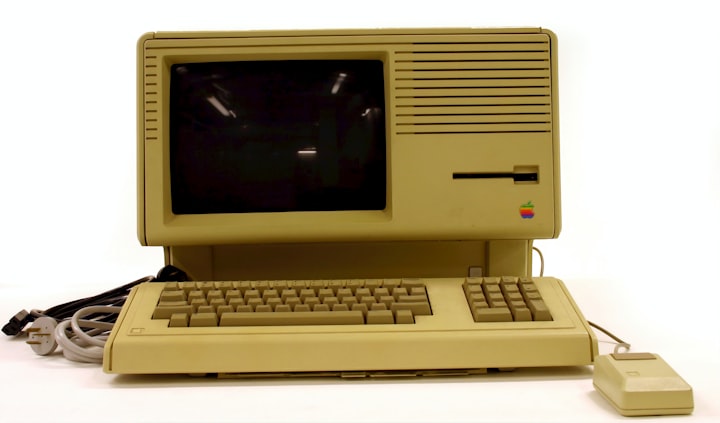Why a MacBook might be the perfect development device
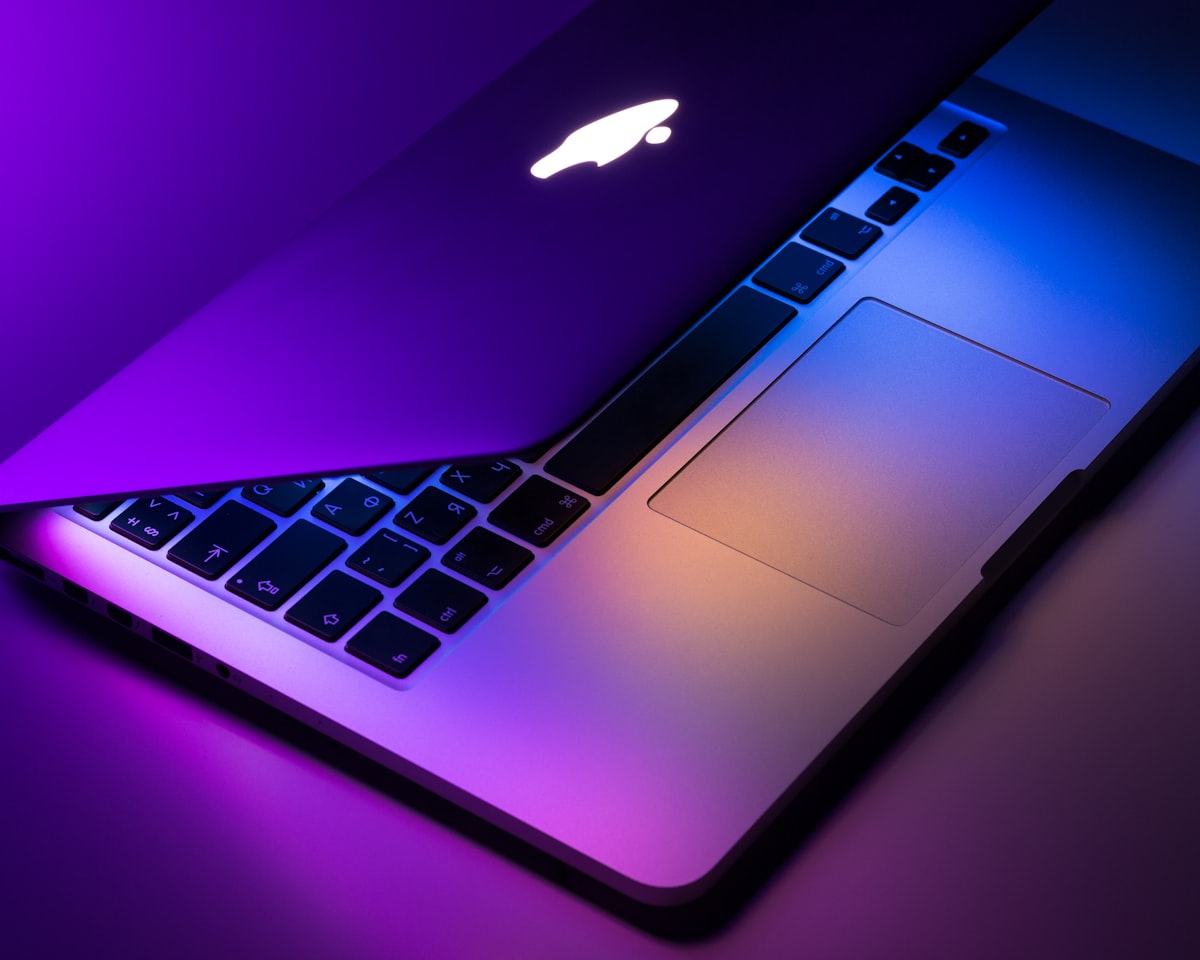
Let me start by saying I'm not a fan of Apple. I don't own a single Apple device, and the only Apple device I have ever owned is an iPod. I've always thought their products are overpriced, and that hardware with similar specifications can be obtained much cheaper from other vendors. At least until I dug further into it when looking for a replacement laptop.
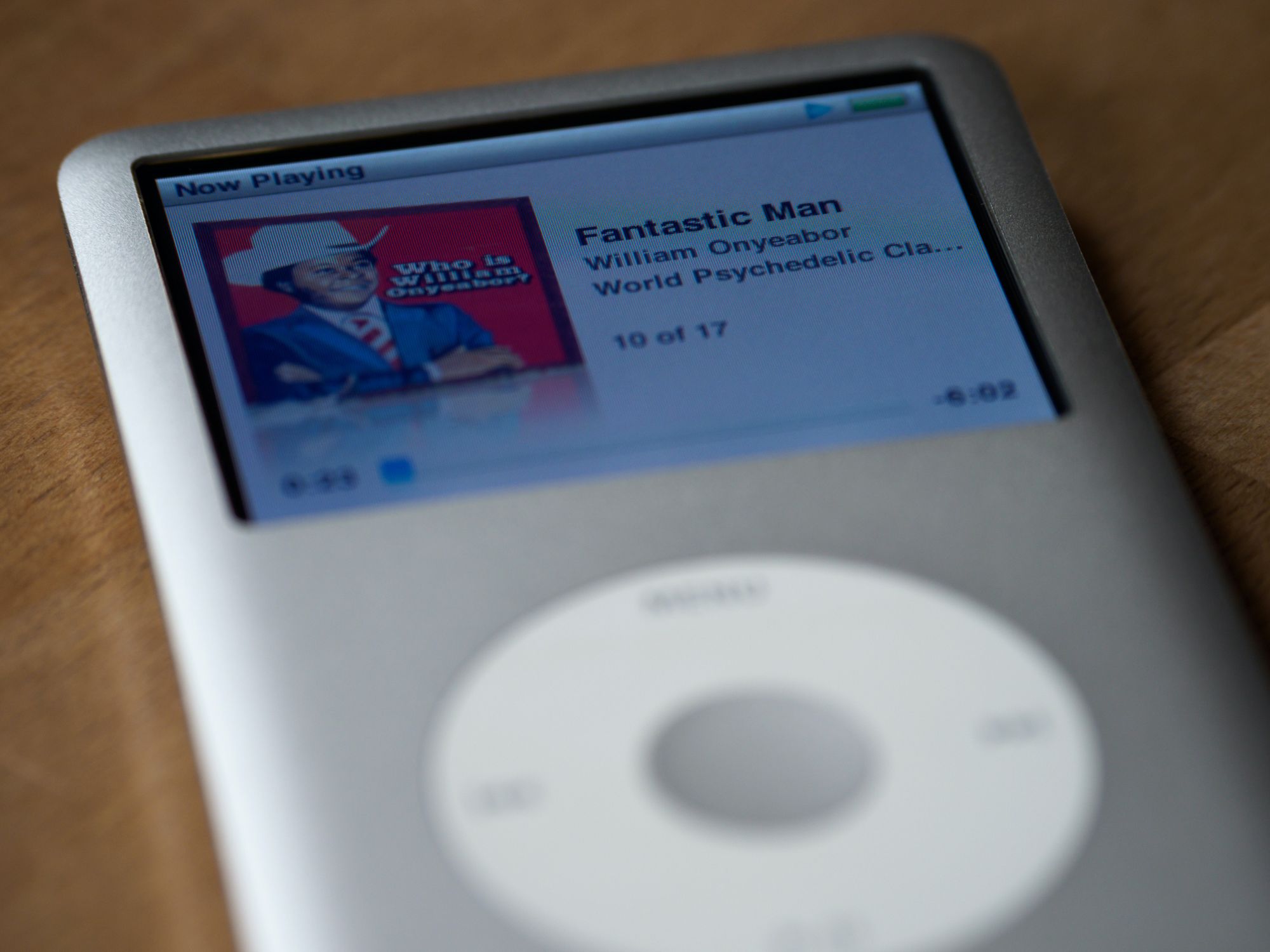
To compare closely related products, I looked at the MacBook Pro 13-inch, The Dell XPS 13, with Ubuntu, and the Asus Zenbook 14 (which comes with Windows 10). All of the devices have a Intel i5 processor and 8GB RAM. The Dell has a 512GB SSD, where as the Apple and Asus have 256GB ones. I looked at these 3 specifically as I wanted something light to carry around as needed. It was not going to be my main work device (my company provided me with a HP Z Book mobile workstation - I run a lot of VMs).
Upfront Cost
Of the 3 devices I looked at, the Dell is the most expensive, at £1349. That's a lot of money for what it is. Especially as the XPS 13 with Windows 10 and a 128GB SSD is a little over £1000 normally. Yes, the hard drive is 4x larger, but a 512GB NVMe SSD can be purchased for under £100 at retail prices; and the Ubuntu version of the device has no OS licence cost associated with it.
Apple is next in the cost stakes, at £1299, with the Asus Zenbook coming in at an almost budget friendly £1099. The Asus does only have Windows 10 Home, so isn't ideal for development, or an otherwise professional environment.
Spread the Cost
All of the options are available to buy on finance through the manufacturer sites. This makes it far easier to access one of the devices than it might seem. Apple makes the barrier to entry lowest here, offering 24 months' interest free credit, with Dell letting you spread the cost over 12 months without interest. Asus only lets you pay interest free over 4 months.
With Dell and Asus, you can spread the cost over a longer period, but will accrue interest, which will make the cost of the device more expensive. To break down the cost of the devices with payments spread for interest free, the payments would be:
- Apple - 24 x £54.13
- Dell - 12 x £112.41
- Asus - 4 x £274.75
For less than the cost of some mobile phones, you can get an Apple MacBook Pro, and it will outlast most phones. It will probably also outlive the devices from the other manufacturers, too. I often hear about people who have kept their Mac devices for 5 or more years. The most I tend to get out of a laptop is 4 years, though my old home server will still run, and it's 11 years old now. That said, it did have the graphics card upgraded, and the hard drives have long since died.
Build Anything
The main USP of the MacBook over the others, is that you'd be able to develop and deploy mobile applications to the Apple App store. Sure you can build iOS apps on other devices, but every time I've seen someone wanting to actually publish that app, they need an Apple device.
Now that .NET is open source in the form of .NET core, you can create software for any platform from that one device. There are tools for all manner of software or app development available for all devices, but the Apple MacBook is the only one you can publish to anywhere from.
The Sticking Point
So we've found that the Apple devices aren't actually the most expensive on the surface, and you can do (almost) anything with them. They will outlast most other devices you can buy, and have a huge following. So why wouldn't you buy one?
Two things I can think of:
- Upgrade costs. Apple tend to sell their devices with everything soldered to the boards. This prevents you upgrading the device as and when you want. You really need to spec the device up-front. Want to double the RAM? That's £200. Double the hard drive space? Another £200. Soon your entry level device is approaching £2000, and that's before you get any accessories.
- The interface. It's a big change from what most people are used to, and people don't want to re-learn how to do things they are already proficient at. It's not to everyone's taste, and can be a bit off-putting. I'm aware this is a weak argument, but it will be enough for some.
Conclusion
Yes, Apple devices may be expensive, but for power users and developers they are probably worth it in the long run. It's great for other creative areas, too. The full Adobe suite is best suited to the Mac devices, which makes it ideal for anyone interested in photography, or other creative dabbling.
Would I consider one. Sadly, I probably would, knowing what I do now. I'd love to try one out properly for a few days to see if I could live with one, and the bite the bullet and probably get one. I'd end up with a 16" one with 32GB RAM, but probably stick to a 512GB hard drive (I have a NAS and external hard drives to boost space).
When I bought my last laptop, I ended up getting an Asus Zenbook from the Asus refurb shop. I wiped Windows off it and it's happily running Ubuntu. It cost me under £700, but I only use it for personal projects, nothing major. If I manage to get my current projects out the way and learn new stuff, I might end up getting a Mac so I can do iOS development. It's UNIX under the hood, so something I'll pick up fairly easily from my Linux use.
